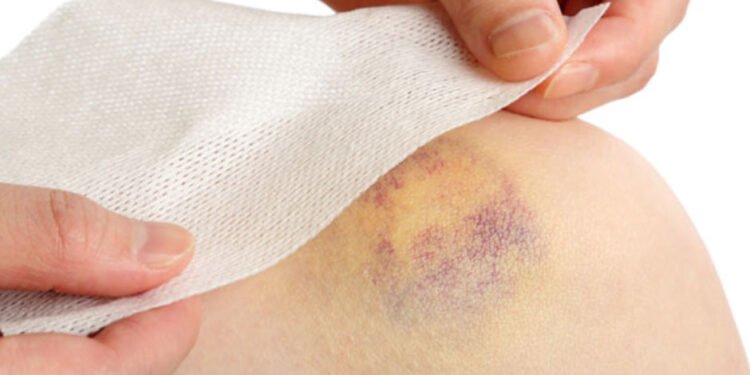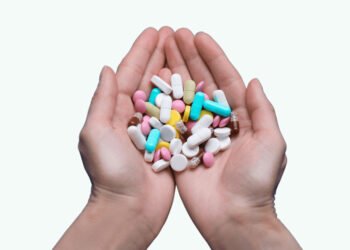Surgery places a significant demand on the body. Beyond the incisions and stitches, patients often notice bruises that linger for days or weeks. These marks result from small blood vessels breaking under the skin. While bruising is expected, certain nutrients can make the body more resilient. A targeted approach with specific nutrients can reduce the severity of bruises and speed recovery.
After an operation, swelling and discoloration often appear together. At this point, many patients start exploring Vitamins to Help with Bruising because nutritional support can directly influence how quickly the skin heals. Clinical studies reveal that deficiencies in essential nutrients increase the risk of excessive bruising and slow wound repair.
Vitamin C Supports Collagen and Vessel Strength
Vitamin C is a cornerstone of skin health. It strengthens blood vessels by aiding collagen production, which gives tissues structure and resilience. Stronger capillaries are less likely to rupture, leading to less visible bruising.
This nutrient also reduces inflammation, which helps skin clear discoloration more quickly. Natural sources include oranges, strawberries, kiwi, and bell peppers. Patients recovering from surgery often benefit from concentrated or bioenhanced forms of vitamin C that the body absorbs more efficiently.
Vitamin K Promotes Faster Clotting
Another vital nutrient is vitamin K. It regulates blood clotting, a process that prevents minor vessel leaks from spreading under the skin. Without adequate vitamin K, even a small impact during or after surgery can leave a dark, lingering mark.
Leafy greens like spinach, kale, and broccoli provide abundant vitamin K. Supplements are sometimes recommended before and after surgery when diets do not supply enough. Surgeons often encourage patients to increase their intake of this vitamin because it directly influences how long bruises remain visible.
Minerals With Underrated Benefits
Certain minerals play a less obvious but equally important role in bruise prevention and healing. Deficiency in these elements can weaken tissues and delay skin repair.
Iron
Iron carries oxygen to tissues, fueling recovery at the cellular level. Low iron levels often result in poor healing and larger bruises. Lean red meats, lentils, and fortified cereals are excellent dietary sources.
Copper
Copper supports the formation of collagen and elastin. These proteins strengthen skin and blood vessels, reducing the chance of severe discoloration after surgery. Nuts, seeds, and shellfish are natural sources of this mineral.
Magnesium
Magnesium regulates muscle and nerve function, but it also helps balance calcium in the blood. Adequate levels reduce inflammation and support faster tissue recovery. Foods rich in magnesium are spinach, almonds, and whole grains.
Amino Acids That Build Stronger Tissues
Amino acids are the building blocks of proteins, essential for repairing surgical incisions and minimizing bruises. Certain amino acids stand out for their healing benefits:
- Arginine improves blood flow and tissue repair.
- Glutamine strengthens the immune system and accelerates cell recovery.
- Citrulline enhances circulation, which helps clear trapped blood from under the skin.
These nutrients work together to reduce the visibility of bruises while supporting overall healing.
Prebiotics and Probiotics for Immunity
Gut health often gets overlooked in discussions about surgery recovery. However, a balanced microbiome improves nutrient absorption and strengthens immune defense. This directly impacts how the body responds to bruises and inflammation.
Prebiotics feed beneficial bacteria, while probiotics maintain their balance in the gut. Together, they reduce bloating, improve digestion, and ensure vitamins and minerals are absorbed efficiently. Patients with strong gut health often experience quicker recovery and fewer complications.
Surgery bruises may be expected, but they do not have to linger for long periods. Specific nutrients strengthen blood vessels, reduce inflammation, and support tissue regeneration. Patients who understand the importance of Vitamins to Help with Bruising can prepare their bodies for better outcomes and faster recovery. Taking proactive steps before and after surgery helps minimize discomfort and shortens the time it takes for the skin to regain its natural appearance.












